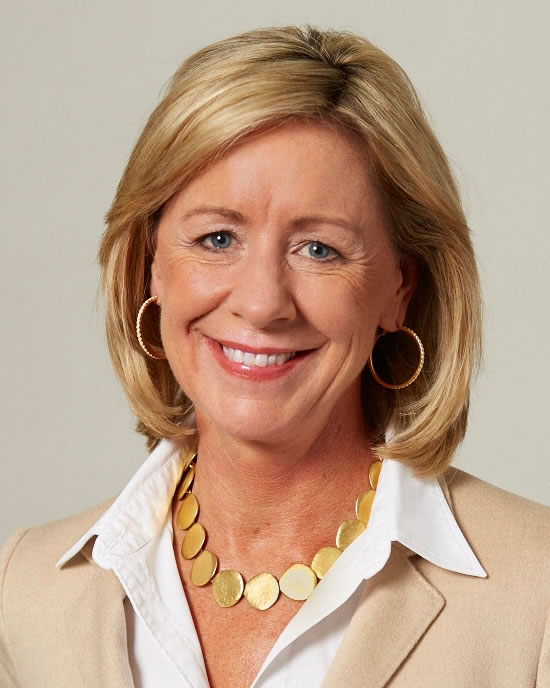Some of the most iconic paintings by artist Norman Rockwell depict physicians providing care to young patients. What attracted him to this subject matter was the human aspect of healing. Yet, if Rockwell were alive today, it’s unlikely he would find much inspiration in modern healthcare interactions.
Over the last few decades, we have developed an incredible array of healthcare technology for administering care, monitoring treatments, analyzing population health, and recording the patient journey. But some of these innovations have come at a cost.
The art and joy of medicine have been lost for many clinicians, who now spend most of their time clicking through computer screens instead of looking in the eyes of their patients or having meaningful conversations with them and their family members. Patient care has largely become a transactional relationship. We no longer have time to listen to the patient’s story, which is key to determining the correct diagnosis. It has been replaced with administrative requirements, digital data entry, and bureaucratic checklists.
While it may sound like nostalgic pining for a bygone era, this dehumanized approach to medicine has a direct effect on the quality of care and patient safety. It also is creating a demoralized workforce of physicians, nurses, and front-line staff. For some clinicians, removing or reducing the human connection in care can lead to depression, emotional exhaustion and burnout. This disturbing trend also is a contributor to roughly 1 million patients per year losing their doctors to suicide at a time when there is already alarm about a shortage of physicians and nurses.
The time is now for patients, families, front-line staff, clinical leaders, and industry stakeholders to work alongside policy makers to co-design thoughtful regulations and processes to restore humanity back to healthcare. During the inaugural Humanize Health forum hosted by the Experience Innovation Network and Vocera, nurses, doctors, patient advocates, innovators and healthcare executives from across the country discussed 10 prescriptions to heal healthcare. Here are four of the proposed remedies.
- Putting patients in control of their care. Care shouldn’t be inflicted on patients. We should instead actively involve patients in their care every step of the way. This would help care teams better understand a patient’s concerns, challenges and hope and tailor care plans to individual needs and resources – whether physical, emotional, mental or social. If we asked patients about their challenges in accessing care or coordinating their care between providers or facilities, and what they need after they leave the hospital, we might not have such a broken or fragmented system. Imagine the possibilities if at check-in, patients could say “here are my fears and concerns,” or “here are my goals that I would like you to help me meet.”
- Forging new and unconventional partnerships. Hospitals and health system leaders can learn a lot about building trusted relationships with patients and between care teams by studying companies outside of the healthcare industry. There are disruptors in hospitality, transportation and other consumer markets that understand human needs and preferences and are using that knowledge to enhance the customer experience from first impression to last, and to create emotional loyalty to the brand. Healthcare organizations should also look to other industries to learn how technology can be used to restore human connections and improve patient, family and care team experiences.
- Extending care beyond the physical walls. In healthcare, we need to start thinking about the care team more holistically and virtually. We should include everyone involved in the care of an individual patient, and then find ways to use technology to facilitate real-time communication with them. This includes local and remote family members and extended care team members. It also means thinking about better ways to humanize care when we communicate with patients via telehealth, especially when it’s regarding a potentially scary diagnosis. For instance, imagine a woman who has been told she has an abnormal mammogram. Wouldn’t it be great if she was immediately assigned a navigator and received same-day results and treatment plan? Or when she arrives for a biopsy, we could ask how she wants to receive the results and if there is anyone she needs with her when she gets this information. Once the biopsy takes place, she could receive tracking notifications alerting her to the status of the tests. Knowing the estimated date for receiving the results, she can have her support person or team with her when she gets the call. One of my colleagues got this call while driving a car and was asked to pull over to the side of the road to hear her devasting diagnosis. This inhumane approach needs to end.
- Developing innovation from the bottom-up. Most innovation in healthcare over the last couple of decades has been initiated at the top, then imposed downward. A better approach is to empower micro teams who understand specific issues to rapidly develop innovations or host hackathons to address issues and brainstorm ideas that may solve them. And most importantly, encourage them to co-design these innovations with their patients. Let them test, fail fast, and then rapidly scale their successes, from the bottom-up. It’s a lot faster and less expensive than working top-down, and far more likely to be implemented because it comes from peers on the frontline.
These prescriptions are just a few potential remedies to heal healthcare. While modern medicine may not reach the idealized scenario of a Norman Rockwell painting, it could come a whole lot closer with a dose of humanity.

